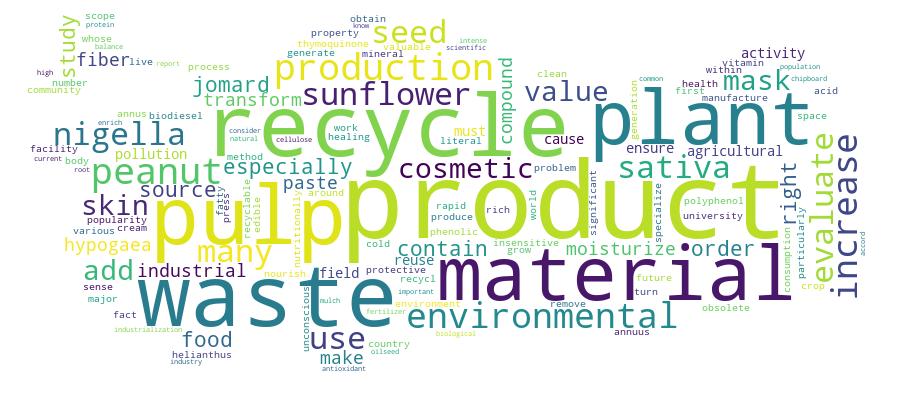This item is non-discoverable
Karadağ, Murat
Loading...

Profile URL
Name Variants
Karadag, M.
Job Title
Araş. Gör.
Email Address
Main Affiliation
Department of Sociology / Sosyoloji Bölümü
Status
Former Staff
Website
ORCID ID
Scopus Author ID
Turkish CoHE Profile ID
Google Scholar ID
WoS Researcher ID
Sustainable Development Goals
3
GOOD HEALTH AND WELL-BEING

1
Research Products
7
AFFORDABLE AND CLEAN ENERGY

1
Research Products
9
INDUSTRY, INNOVATION AND INFRASTRUCTURE

2
Research Products
12
RESPONSIBLE CONSUMPTION AND PRODUCTION

1
Research Products

This researcher does not have a Scopus ID.

This researcher does not have a WoS ID.

Scholarly Output
3
Articles
3
Views / Downloads
4/0
Supervised MSc Theses
0
Supervised PhD Theses
0
WoS Citation Count
0
Scopus Citation Count
8
WoS h-index
0
Scopus h-index
2
Patents
0
Projects
0
WoS Citations per Publication
0.00
Scopus Citations per Publication
2.67
Open Access Source
2
Supervised Theses
0
Google Analytics Visitor Traffic
| Journal | Count |
|---|---|
| Advances in Biology and Earth Sciences | 3 |
Current Page: 1 / 1
Competency Cloud


